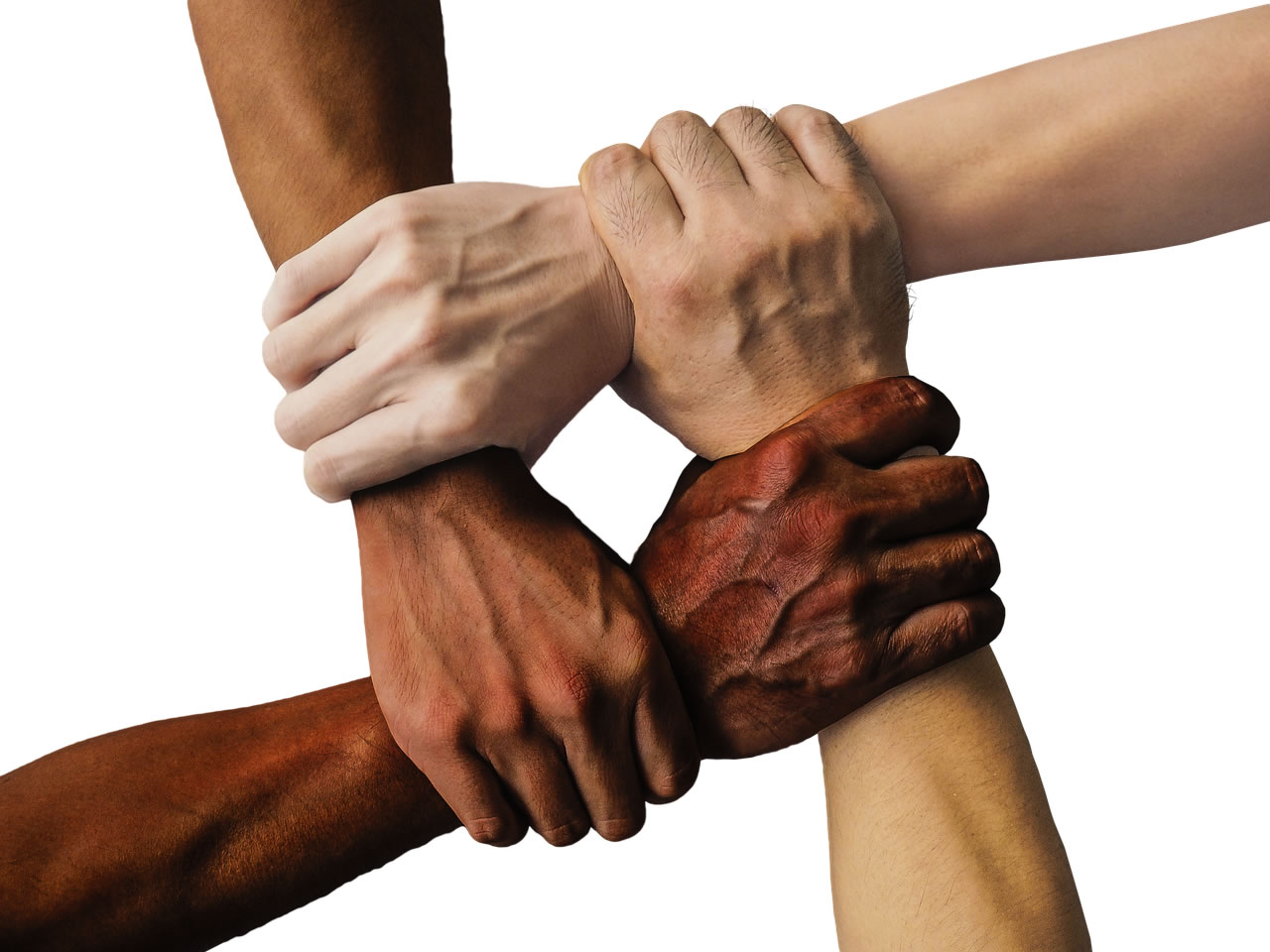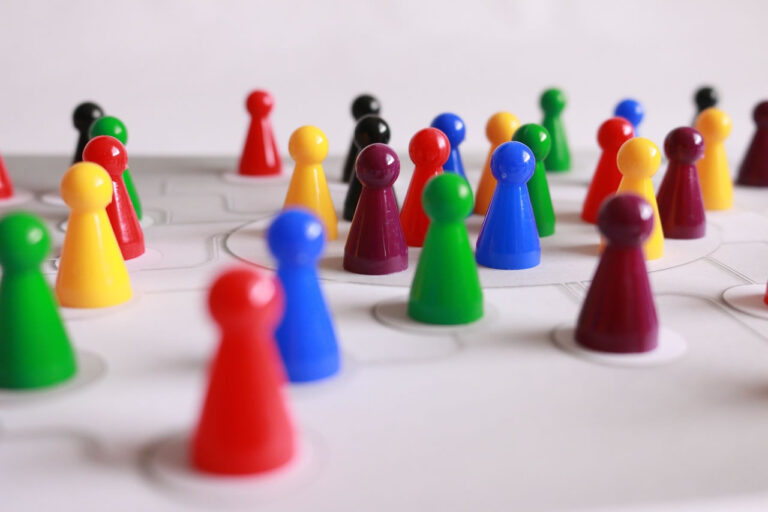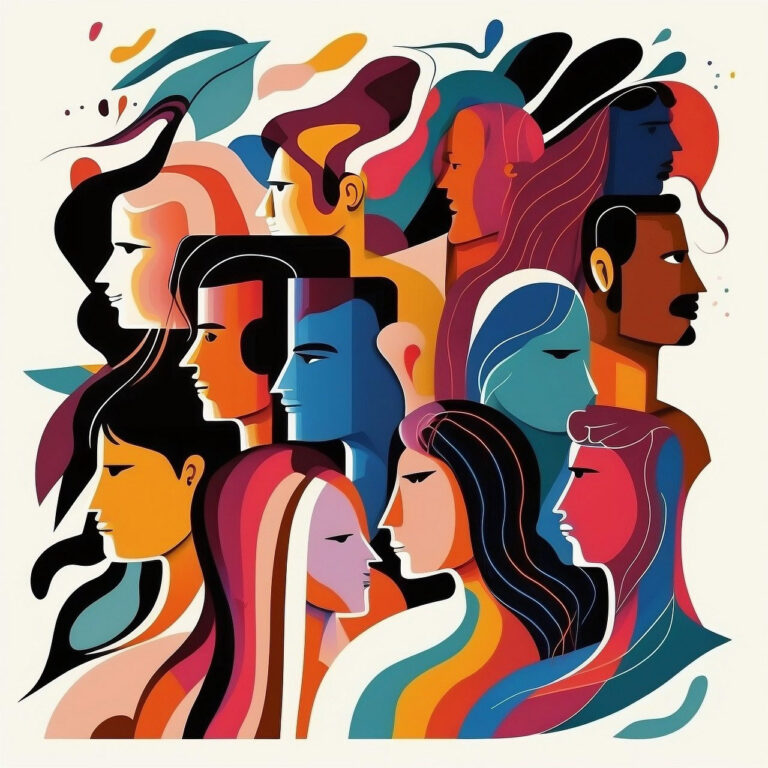What is your stand on racism?
by Snéha Khilay
The graphic video of George Floyd’s death opened up numerous wounds; anger, disbelief, angst and despair. The Parliament Square demonstration banners gave a succinct message, ‘Racism has always been a pandemic’.
Large corporate international organisations are speaking out against the atrocity of George Floyds’s death with Youtube and twitter messages; ‘We stand in solidarity against racism and violence’ -Nike, ‘Speaking out is worth it’ – L’Oreal. Lego paused its advertising of toys that feature the police and the White House and the co-founder of Reddit resigned from its board highlighting that he should be replaced by a black candidate.
The global outrage has meant that organisations seem to recognise the business imperative of speaking out, to maintain its reputation amongst staff and ensure customer loyalty. The banner ‘silence is violence’ displayed in the various demonstrations indicate that organisations have considered the implications and consequences, that by not speaking out, it could be perceived as being on the wrong side of this volatile issue. And yes, there is definitely a right side and the wrong side.
Whilst there are some organisational leaders who are genuinely proactive in showing support, concerns are raised whether organisations are setting up tokenistic measures without taking into consideration their own internal treatment and behaviours; namely where black colleagues do not feel valued and included. There also seem to be some form of reticence around the lack of proactive measure in managing inappropriate and unacceptable behaviours. Snéha Khilay, Managing Director Blue Tulip Consultancy says “To this day, I still hear of black colleagues being asked in interviews, ‘where are you from, no, I meant, where are you really from?’ to ‘ I can’t believe you went to university’.” These drip, drip moments/microaggressions cumulate to have a resounding impact on maintaining institutional racism, for instance, despite the evidence that shows Black, Asian Minority Ethnic people (BAME) are disproportionately affected by COVID 19, why, within NHS are 40 percent of BAME doctors yet to receive a coronavirus risk assessment, the recommendation was in place over a month ago?
Over the years, Blue Tulip Consultancy has worked with many individuals who have faced adversity in their work. Inevitably, this adversity is due to their voicing their differences, raising concerns and being treated in a negative manner as a result. Snéha Khilay says “I’ve noticed a consistent theme – at times, people in this position experience despair to the point of wanting to weep. They are aware that their moral compass is not aligned with that of their colleagues and the organisation. As a result, they don’t feel ‘grounded’, experience churning in their stomach, insomnia, changes in their appetite and so on (all classic signs of stress). Throughout this, however, they want to find ways of utilising their anger and frustration by translating it into constructive action.” The individuals in question said the alternative would be to collude and therefore ‘agree’ with the organisation’s (discriminatory) culture. The statement we commonly hear is ‘I simply want fairness’. We can reflect on the use of the term ‘wanting fairness’ and its obvious meaning, of ‘a moral standard which represents; good, just, honest, impartial, unprejudiced and aligned with ethnics. However, there is the semantic irony of wanting ‘fairness’ in its literal sense given the preference of fair skin as a symptom of psychological, social identity and preferential treatment.
Such individuals feel that, although their ‘fight’ (for justice) involved difficulties and emotional grief, they had to take responsibility and focus on the outcome they wanted, basically to continue with their personal and professional lives with their heads held high. They wish to share their stories, not as ‘victims of discrimination’ and regretting their inaction but as ‘warriors for justice and equality’.
What about from the organisation’s perspectives and the need to take responsibility. It is generally recognised that colleagues identify and categorise a person’s status, especially on the measures of being a different skin colour, within a few seconds and this impulsive categorisation can manifest itself in treating such individuals differently and accordingly, thus translating these stereotypes into a distorted reality. How far are colleagues singled out with increased scrutiny and subject to excessive monitoring? Is the organisation able to explain, even justify, why other, similarly situated white colleagues are not treated in the same way?
Fundamentally it is important, now more than ever, in these uncertain times, to sharpen the strong message of the need for change and for inclusion not to be an abstract concept but a term of value, depth and an ethos where the spirit of an organisation is manifested in its attitudes, aspirations and authority to do the right thing. Black Lives Do Matter.
If you would like more details or to have a chat about how we can help your organisations please get in touch at hello@bluetulipconsultancy.com or visit www.bluetulipconsultancy.com
Snéha Khilay
Managing Director
Inspired by the famous Gandhi quote, “be the change you want to see in the world”,






